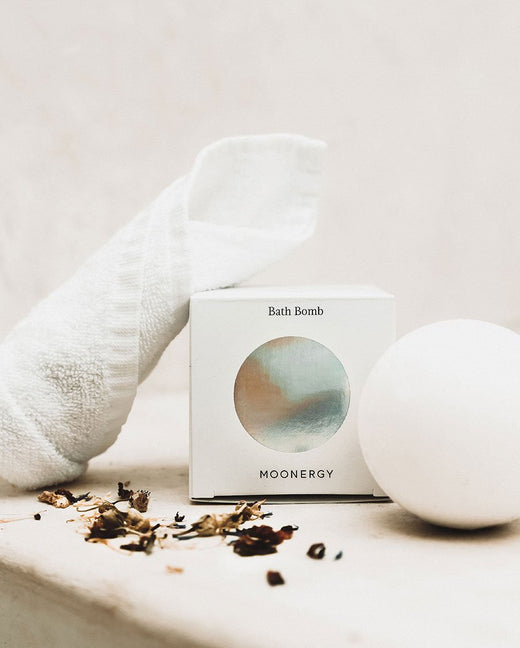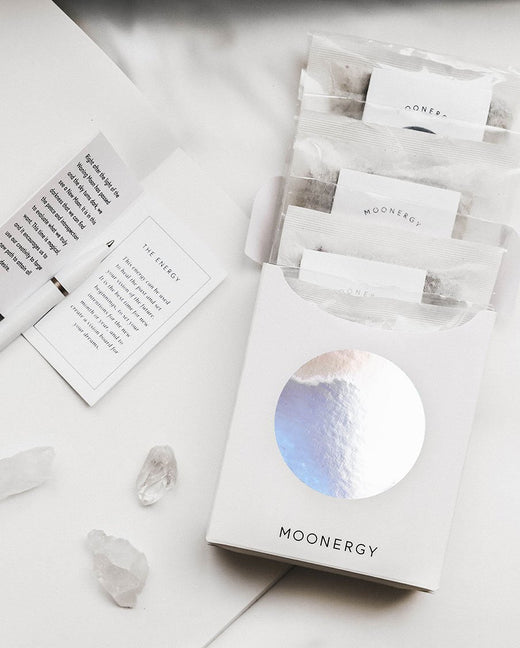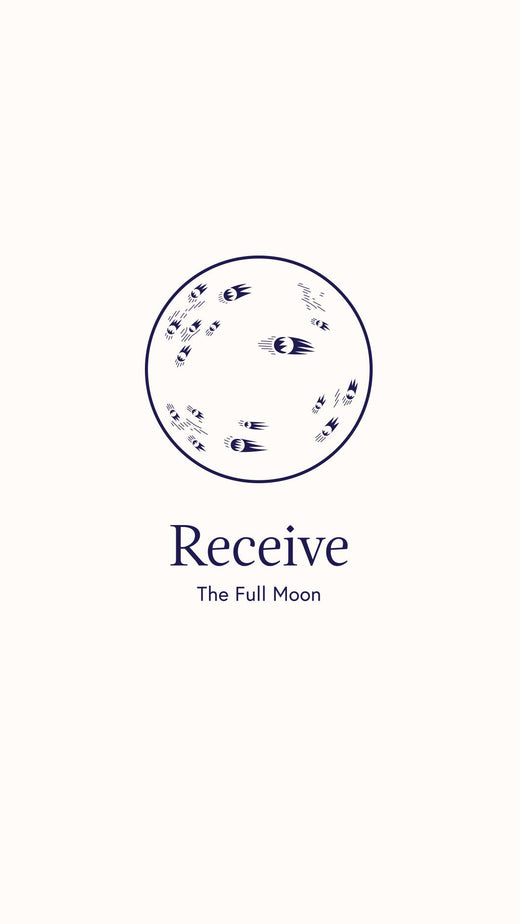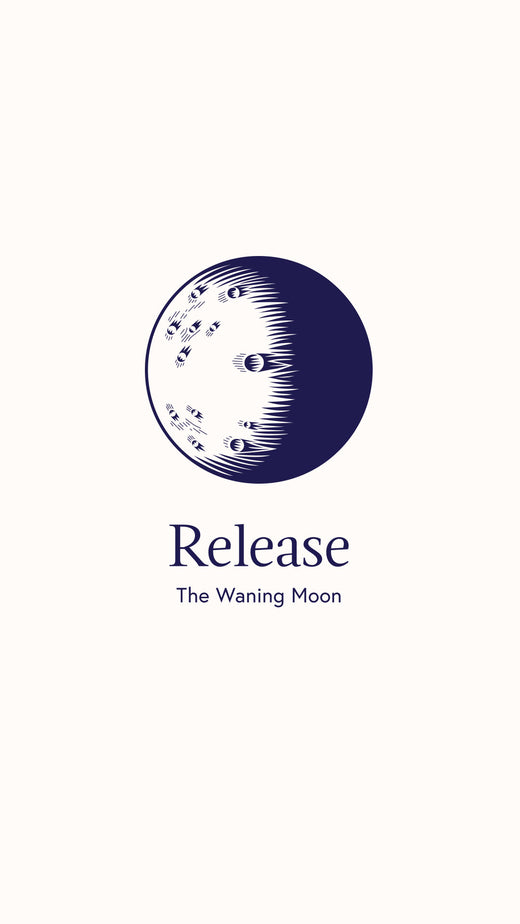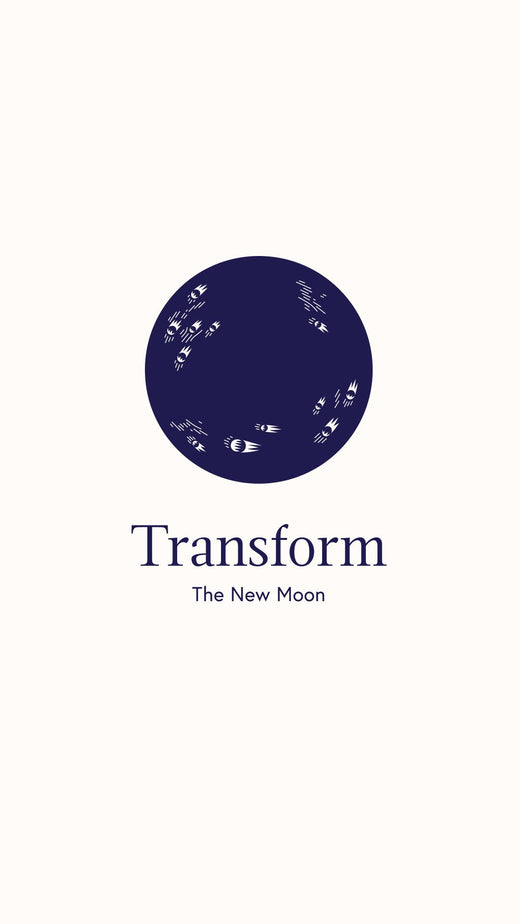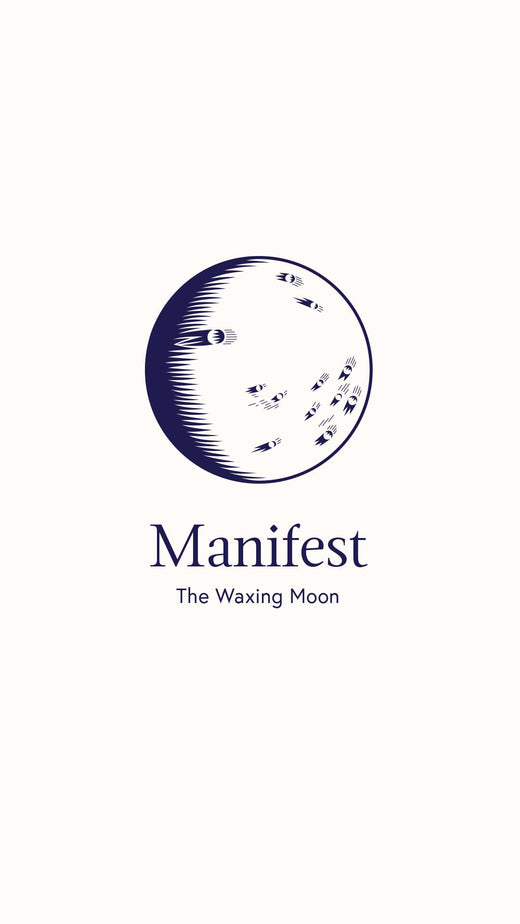Thankfulness Heals
For most, if not all, the holidays are hectic and come with a range of emotions that include excitement, nostalgia, uncertainty, anxiety, depression, and everything in between. Whether it's family drama, financial troubles, stressful dinner preparations, everything seems to surge during this time. We kick off the season with Thanksgiving, a holiday whose name gives us a not-so-hidden clue for coping with this tsunami of emotions: thankfulness.
Gratitude is to acknowledge what you have that makes you feel happy, safe, and/or at peace. We believe that it should be taken seriously and treated as part of our self-care. Psychology research proves on and on again that the practice of gratitude is associated with greater happiness. One study asked participants to write a few sentences a week on a particular subject. They were divided into three groups: one had to write about what they were thankful for, the second about what had annoyed them and the third just wrote about what occurred (no emphasis good or bad). After 10 weeks, those in the first group reported being more optimistic, felt better about their lives and even exercised more!
You don’t have to find gratitude everywhere, let’s be realistic, but you should make it a habit to look for it somewhere. And you have many places to look. You can find something in your past (memories, experiences), present (something, someone, or even an ability or attribute) and future (an upcoming event that you’re hopeful about).
This Thanksgiving, go beyond the dining table and your family gathering. Look within yourself, and really embrace the word thankfulness. Treat gratitude as therapy and reap the benefits of this simple new mental angle.


